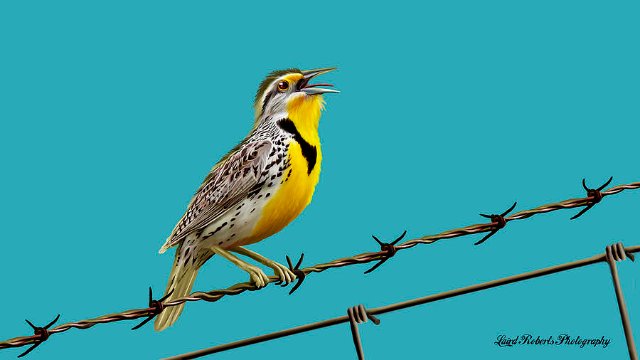Tan Dun Conducts TON
Rose Theater in New York Becomes an Aviary
By: Susan Hall - May 24, 2023
Tan Dun Conducts TON at Rose Hall
Bird Song Music at its Best
Tan Dun became famous for his Academy Award-winning track for Ang Lee’s Crouching Tiger. A crossover classical composer who grew up in the country in China, and had not heard Beethoven until he was eighteen (now debated!), he has made a career, merging East and West, using the conventions and tonalities of each culture. This merger is most effective in his operas, his symphonies and his concertos.
In 2019, he became Dean of the Bard College Conservatory of Music. TON is an orchestra of young musicians associated with this program. Tan Dun spoke warmly about his experience over the past four years. He is also a thoroughly urbane individual who lives in Manhattan.
Grigoras Dinicu’s The Lark began the program. Down the aisles came various instrumentalists playing bird songs. The Lark was Yida An Iap on violin. Yida An Iap was born in Lanzhou, a city on the Yellow River. He speaks about the balance between human lives and nature’s.
Up the steps to the stage he tripped, and regaled us with song. Chirping in the upper registers of the instrument made us forget we are inside in a city.
The Rose Theater is a perfect venue for encouraging intimacy and interaction. Tan Dun favors these participatory qualities and after intermission, in Passacaglia: The Secret of Wind and Birds, he reminds the audience they carry their own instruments all the time– their cell phones. Orchestra members responded with theirs. It was hoot – a trill, a song, a blast, in fact.
Wolf Totem, a concerto for double bass, also by Tan Dun, followed The Lark. Rarely is the double bass featured in concertos. Milad Daniari performed with careful attention to beautiful phrases and also the wide range of the instrument.
By the time of the ‘cultural revolution,” Tan Dun had already decided to become a composer. He worked in the rice fields for ten or twelve hours a day and conducted a small orchestra whose instruments were pots and pans, branches of trees, and bits of bamboo. He began to collect folk songs, the tunes of which we could hear in Wolf Totem. We hear also the sounds of everyday life. Clip clops are like Ferde Grofe and even a bit of Wilhelm Tell.
A splendid performance of Stravinsky’s Firebird concluded the program.
Tan Dun’s early years were spent in a village he describes as barbaric, shamanistic, mystical," heavily ritualized and filled with art, music and poetry. He learned to play bamboo flutes and the erhu, a two-stringed instrument. Music was part of life and rituals. Today he likes pop music because it is accessible and powerful. Sound for Tan is the voice of nature.
These feelings he brings to the concert hall. Engagement on the deep emotional level, yet also organized.
For centuries, the Chinese culture has embraced nature and treasured its presence, its image and its sounds. This makes it odd today to know that China is number one in the world in carbon emissions. The struggle to industrialize and yet keep the environment protected and healthy has favored rapid industrialization.
Tan Dun’s music, and his thoughtful re-creation of an aviary in the concert hall, reminds us that pressed back to their deepest beliefs, the Chinese can be stimulated to join the world in fighting climate change.

